- Membership Resources
- State Chapters
- Education/Events
-
Advocacy/Policy
- Home Care Workforce Crisis: An Industry Report and Call to Action
- Advocacy Fund
- State of Home Care: Industry at Crossroads
- Home Care Workforce Action Alliance
- Caring for Seniors: Value of Home Care
- Home Care by the Numbers
- Issues & Positions
- Legislative Action Network
- State Legislation Tracker
- Federal Legislation Tracker
- 2024 National Advocacy Day
- About HCAOA
- Find a Job
SUPPORT Sen. Elizabeth Dole 21st Century Veterans Healthcare and Benefits Improvement Act, H.R.8371
Sponsors: Representative Juan Ciscomani, (R-AZ-6) and 42 Republican cosponsors
Description: This bill would, among other things, increase the cap on how much the VA can pay for the cost of home care from 65% of the cost of nursing home care to 100%.
Please CLICK HERE to send a message to your two Senators and Representative asking them to support the bill.
Sponsors: Representative Juan Ciscomani, (R-AZ-6) and 42 Republican cosponsors
Description: This bill would, among other things, increase the cap on how much the VA can pay for the cost of home care from 65% of the cost of nursing home care to 100%.
Please CLICK HERE to send a message to your two Senators and Representative asking them to support the bill.
SUPPORT Continuous Skilled Nursing Quality Improvement Act of 2024, S.4122
Sponsors: Senator J.D. Vance (R-OH), Senator Maggie Hassan (D-NH), and 1 Republican cosponsor
Description: Redefines private duty nursing (PDN) services under the code of regulations as “Continuous Skilled Nursing” (CSN) to ensure all entities are referring to the same population when referencing the service. Creates appropriate and consistent national standards for PDN. Currently, CMS and state Medicaid agencies use Medicare’s outdated Conditions of Participation (COPs). COPs are geared toward intermittent nursing visits for older adults, not the PDN/CSN population.
This bill would remove COP requirements for these services and establish a CMS-sponsored stakeholder coalition to create national standards of care more appropriate for the PDN/CSN population.
Sponsors: Senator J.D. Vance (R-OH), Senator Maggie Hassan (D-NH), and 1 Republican cosponsor
Description: Redefines private duty nursing (PDN) services under the code of regulations as “Continuous Skilled Nursing” (CSN) to ensure all entities are referring to the same population when referencing the service. Creates appropriate and consistent national standards for PDN. Currently, CMS and state Medicaid agencies use Medicare’s outdated Conditions of Participation (COPs). COPs are geared toward intermittent nursing visits for older adults, not the PDN/CSN population.
This bill would remove COP requirements for these services and establish a CMS-sponsored stakeholder coalition to create national standards of care more appropriate for the PDN/CSN population.
SUPPORT Veterans' HEALTH Act of 2023, S.1315
Sponsors: Senator Jerry Moran (R-KS) and 6 bipartisan cosponsors (5 Republicans and 1 Democrat)
Description: This bill extends the timely filing deadline for VA claims from 180 days to 365 days.
Please CLICK HERE to send a message to your two Senators asking them to support the bill.
Sponsors: Senator Jerry Moran (R-KS) and 6 bipartisan cosponsors (5 Republicans and 1 Democrat)
Description: This bill extends the timely filing deadline for VA claims from 180 days to 365 days.
Please CLICK HERE to send a message to your two Senators asking them to support the bill.
SUPPORT Credit for Caring Act of 2024, S.3702
Sponsors: Senator Michael Bennet (D-CO) and 5 bipartisan cosponsors (3 Democrats, 2 Republicans)
Description: This bill allows an eligible caregiver a nonrefundable tax credit of up to $5,000 adjusted to inflation for family caregiving expenses that exceed $2,000 in a taxable year.
Sponsors: Senator Michael Bennet (D-CO) and 5 bipartisan cosponsors (3 Democrats, 2 Republicans)
Description: This bill allows an eligible caregiver a nonrefundable tax credit of up to $5,000 adjusted to inflation for family caregiving expenses that exceed $2,000 in a taxable year.
SUPPORT Homecare for Seniors Act, H.R.1795
Sponsors: Representative Adrian Smith (R-NE-3) and 18 bipartisan cosponsors (11 Republicans, 7 Democrats)
Description: This bill allows tax-exempt distributions from health savings accounts (HSAs) to be used for qualified home care.
Qualified home care is defined as a contract to provide three or more of the following services in the residence of the service recipient:
Please CLICK HERE to send a message to your Representative asking her or him to support the bill.
Sponsors: Representative Adrian Smith (R-NE-3) and 18 bipartisan cosponsors (11 Republicans, 7 Democrats)
Description: This bill allows tax-exempt distributions from health savings accounts (HSAs) to be used for qualified home care.
Qualified home care is defined as a contract to provide three or more of the following services in the residence of the service recipient:
- assistance with eating,
- assistance with toileting,
- assistance with transferring,
- assistance with bathing,
- assistance with dressing,
- assistance with continence, and
- medication adherence.
Please CLICK HERE to send a message to your Representative asking her or him to support the bill.
|
|
|
Phone: 202-519-2960 | 444 N. Capitol Street NW, Suite 428 | Washington, DC 20001
[email protected] | sitemap © 2024 Home Care Association of America. All Rights Reserved. | Privacy Policy | Refund Policy |
|

